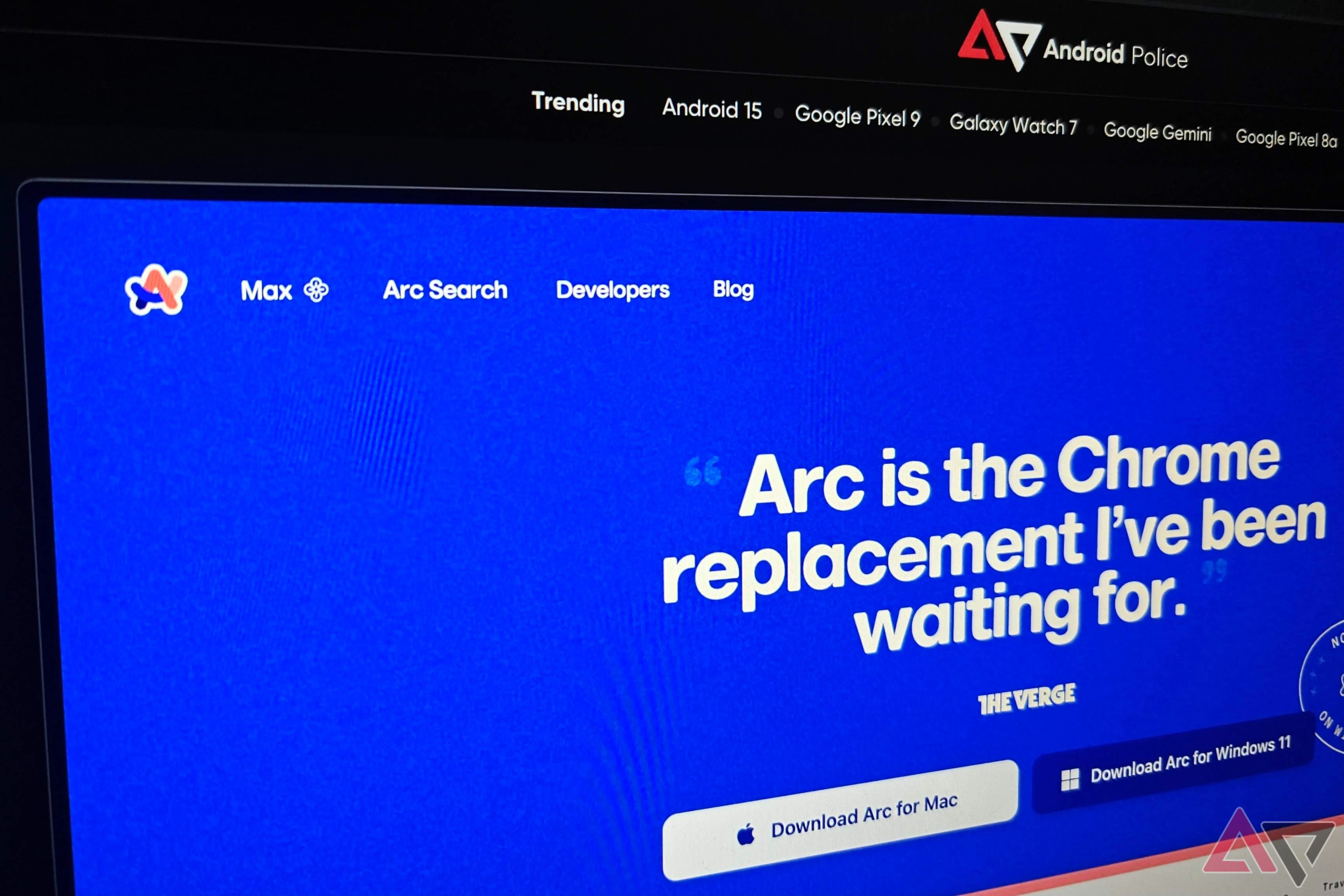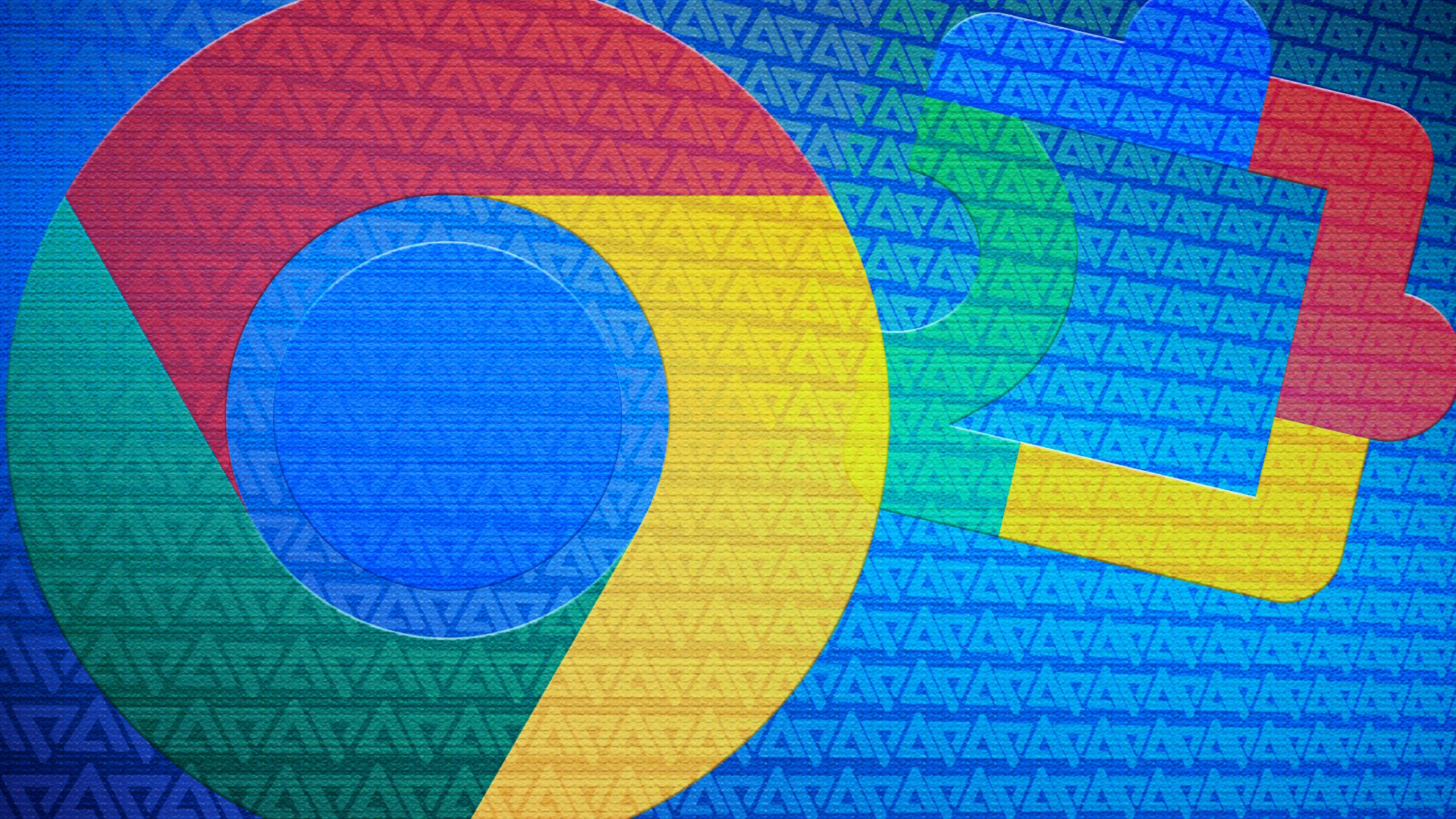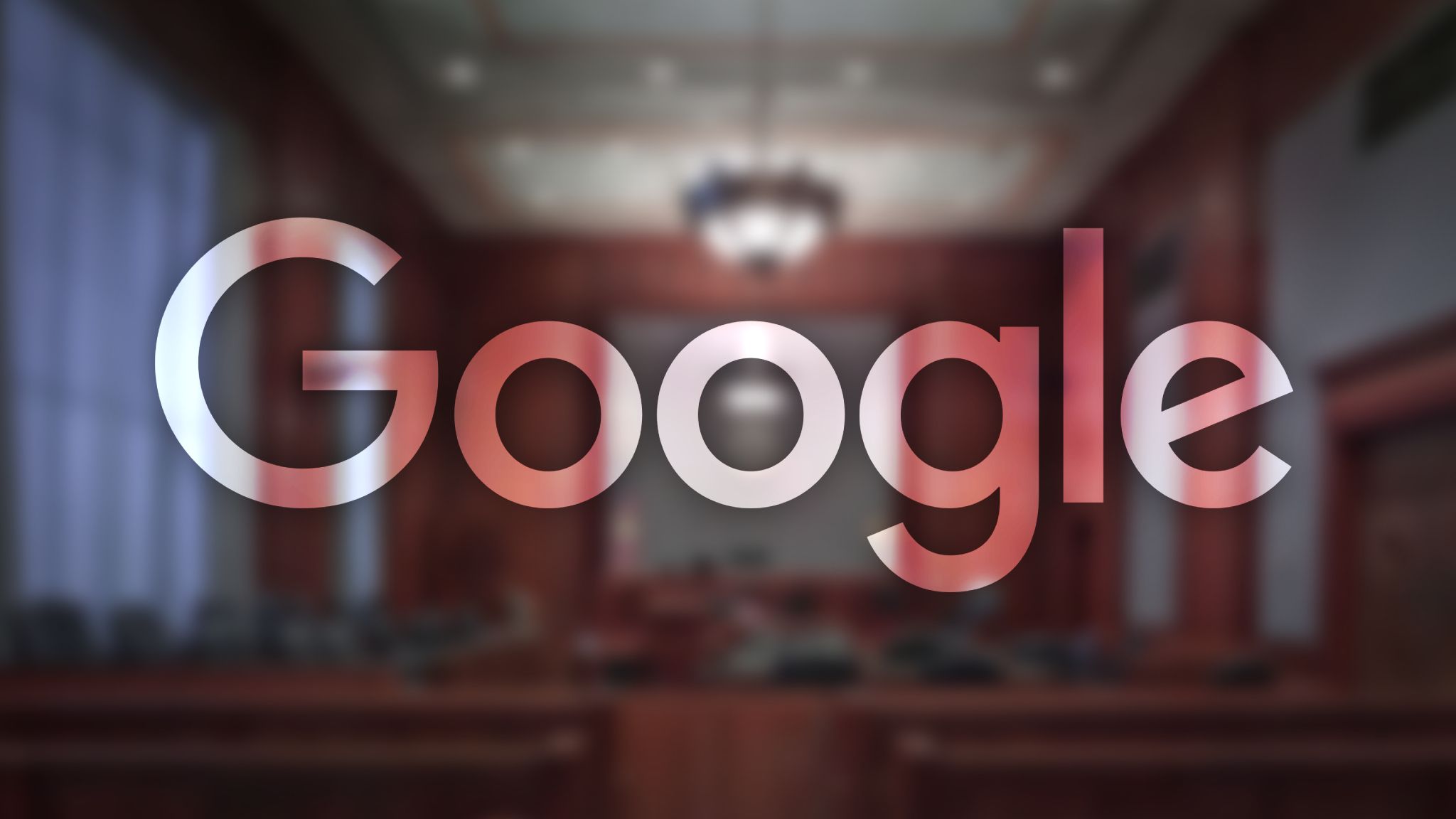Key Takeaways
- A forced Chrome sell-off could impact the browser, search, advertisement, and privacy industries in major ways.
- Other than the effect on Google’s bottom line, the true outcome depends heavily on what group would buy Chrome.
- Because Chrome is simply a re-skinned version of the open source Chromium browser, it could be much ado about nothing.
The Department of Justice request that Google be forced to offload the Chrome browser has the tech world buzzing. Just imagine how odd it would feel to call it “Amazon Chrome.” While any real consequences for anti-competitive behavior are, realistically, months or years away, professionals like AdGuard co-founder and CTO Andrey Meshkov have already begun mapping out the potential industry-wide effects of such a shift.
We connected briefly with Meshkov and came away with some insightful, wide-ranging, and slightly foreboding commentary on what the Chrome sell-off could mean for the industry at large. It’s hard to say what the granular outcomes would be, but the tides could easily shift in a couple of specific directions.

Related
How to block ads on your Android phone or tablet
Keep those annoying ads away from your Android device
How Google offloading Chrome could affect the industry
More industries than one, for that matter
Meshkov offered several broad perspectives on the potential move’s real-world effects. To his credit, at no point did he claim to know the future, or point to outcomes with explicit effects on any particular company. These are the four most prominent areas where a non-Google Chrome browser could cause upheaval.
Browser market fragmentation
The most obvious change would be an opportunity for new browsers to emerge. Then again, nothing’s stopping them from emerging now, other than the inertia that prevents the average user from switching browsers in the first place.

Related
Ghostery CEO JP Schmetz talks online privacy in the Manifest V3 era with AP
The state of tracking on today’s internet
Ad network competition
Chrome is supposedly worth around $20 billion — to Google. Its search, data harvesting, and advertising sales endeavors tie directly into its browser, clearly fueling decisions like the adoption of the Manifest V3 extension rules that hamstring many ad blockers. In addition to excising Chrome from the Alphabet, Inc. portfolio, the court’s proposed judgment would “require Google to provide rivals and potential competitors with both user-side and ad data — at no cost and on a non-discriminatory basis — for a period of ten years.”
This could have a massive effect on Google’s revenue stream as it leads services and their users away from the long-running search leader, in search of greener pastures. Meshkov then pointed out how much Chrome’s acquiring party mattered. A software-focused startup could lead to more beneficial competition, but if Amazon buys it, what was all this for?
Search engine landscape
Remember Internet Explorer? It wasn’t just bundled with Windows, it was an integral part of critical system services, and removing it entirely could break important functionality. Chrome isn’t quite as mission-critical to Android, but its contractual inclusion gives the Big G a direct, easy route to data harvesting.
Google may be forced to stop paying for the position of default search engine, which would cut into the revenue of outfits like Mozilla to some degree. Such an outcome could also contribute to the rise of additional search engines, some of which — get ready for this — might not harvest every click you perform and sell the combined data to advertisers. Meshkov again pointed out, “With the removal of these exclusionary agreements, the market could see intense competition, but this could also lead to an unpredictable landscape — where new players emerge, but also where some entrenched monopolies may benefit from the chaos.”
Impact on ad blockers
It’s not just Manifest V3. Google disassociating from Chrome could spark highly varied forks, or entirely new browser bases, which would splinter app development across platforms. Fewer resources for focusing on extensions of one, overwhelmingly dominating browser could well make ads more resilient against common blocking techniques.
The upside is that cross-platform ad and tracker protection suites would benefit considerably from a more diverse browser market. While most such extensions are currently focused on Chromium-based portals, an expanded selection would give consumers freedom to choose the organizations and developers they trust. That, of course, assumes consumers actually care.
How would a Chrome sell-off really change things?
Maybe a lot, but possibly very little
Meshkov raised many excellent points in his commentary, largely by issuing broadly applicable and reasonably likely scenarios. However, the wheels of justice turn slowly, so we will all have plenty of opportunity to watch this play out in slow motion. The more jaded in the tech world, though, have already reached an incredulous conclusion. It’s a conclusion the Department of Justice has yet to address, and may not even understand.
The Google Chrome browser is, quite simply, a skin applied to the Chromium browser that includes Google-specific telemetry and other requirements. It is almost certainly not worth $20 billion to anyone except Google, because without access to the same data collection pipeline, advertising sales business, and Android contractual obligations, Chrome has similar value to Kiwi Browser, Vivaldi, and all the other Chromium-based platforms. The court can’t force the open source community to offload the Chromium project, so this may all be for naught.

Related
Google Chrome: 5 features it needs to steal from Arc browser
Chrome could learn a thing or two from this new kid on the block








